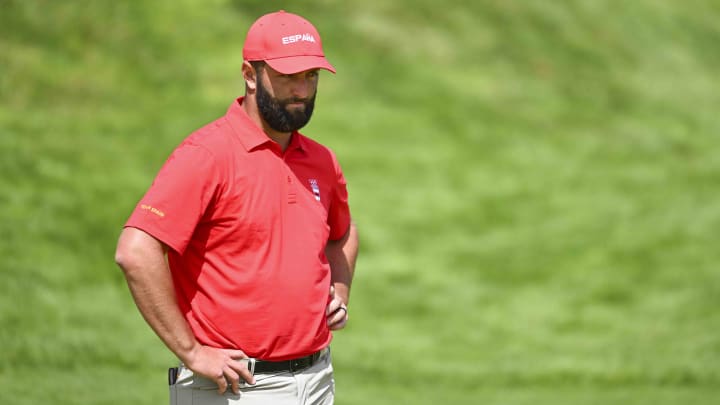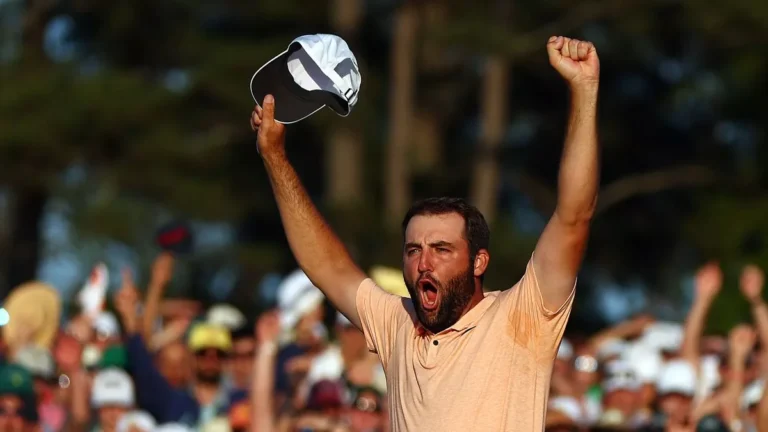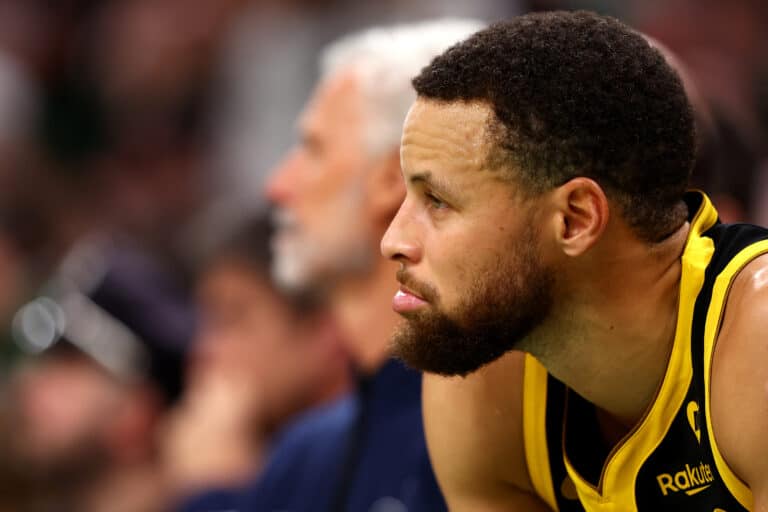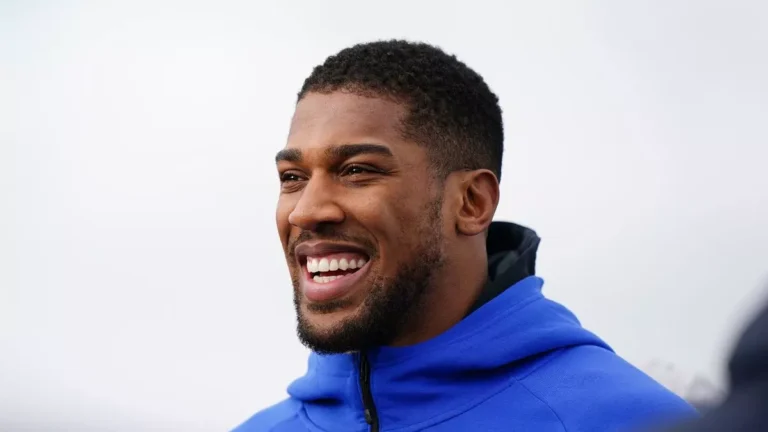Brandel Chamblee Crushed Jon Rahm After His Collapse in Final Round at Olympics
In a dramatic turn of events at the Tokyo Olympics, Scottie Scheffler emerged as the hero of the final round, capturing the gold medal with an astounding 9-under-par 62. Scheffler’s performance was nothing short of extraordinary, as he staged a remarkable comeback that saw him overcome a significant deficit. The emotional weight of his achievement was evident as he broke down in tears during the medal ceremony, clearly moved by the significance of his triumph.
However, the spotlight was not only on Scheffler’s victory but also on Jon Rahm’s agonizing collapse. Rahm, who began the final round with a commanding four-shot lead, appeared poised to secure the gold. His performance on the front nine was stellar, providing a glimpse of the dominance he had shown throughout the tournament. But as the round progressed, the wheels began to come off for Rahm.
The back nine proved to be a nightmare for the former world No. 1. Rahm struggled mightily, shooting a 4-over-par 39. His troubles were highlighted by a particularly disheartening double bogey on the par-5 14th hole, where he carded a seven. The shift in momentum was palpable as Rahm’s lead evaporated, and he ultimately fell out of the medal positions entirely. His disappointing final round was a sharp contrast to the commanding form he had displayed earlier in the tournament.
The fallout from Rahm’s performance was swift and intense. Golf Channel analyst Brandel Chamblee did not mince words in his critique of Rahm’s final-round performance. On the postgame show, Chamblee expressed his astonishment and disappointment, remarking, “That was just about the wildest back nine that you could ever imagine, ever predict. Jon Rahm with a four-shot lead in the gold position, Scottie Scheffler six back, making the turn from the gold position, and wins gold, without a playoff. One shoots 29, Jon Rahm shoots 39.”
Chamblee’s critique did not stop there. He further criticized Rahm’s performance by labeling it as one of the most significant collapses of the year. “I’m gonna put that down as one of the biggest collapses, chokes of the year,” Chamblee said. “Probably right up there with Rory McIlroy coming down the stretch at the U.S. Open.” Chamblee drew a parallel between Rahm’s collapse and McIlroy’s disappointing finish at the U.S. Open, emphasizing the gravity of Rahm’s failure to maintain his lead.
The contrast between Scheffler’s triumphant final round and Rahm’s dismal back nine was stark, underscoring the volatility and unpredictability inherent in high-stakes golf. For Scheffler, the gold medal was a testament to his resilience and skill under pressure, while Rahm’s inability to close out the tournament left a lasting impression on analysts and fans alike.
As the Olympic golf competition concluded, the focus shifted to the contrasting narratives of redemption and regret. Scheffler’s emotional victory was a poignant reminder of the highs and lows of competitive sports, while Rahm’s dramatic fall from the top highlighted the unforgiving nature of elite-level golf.






